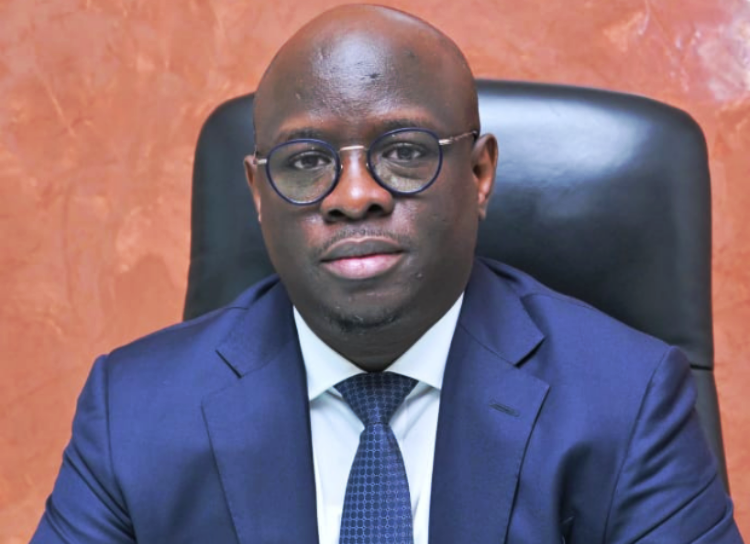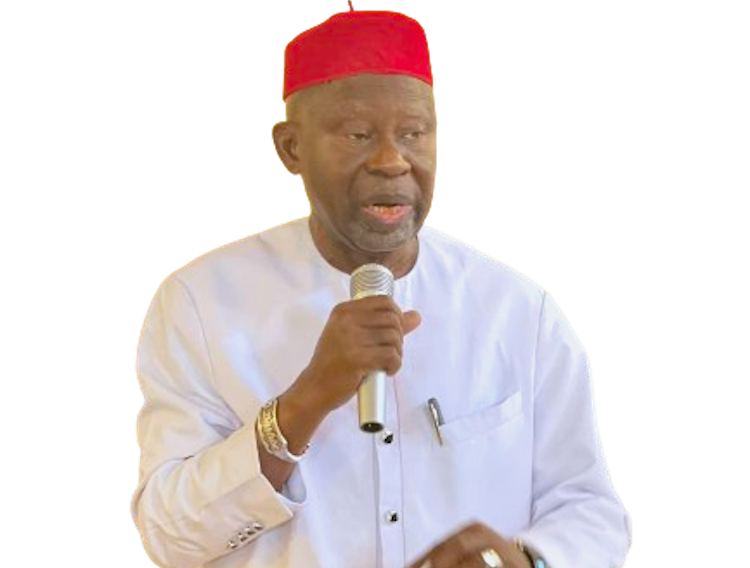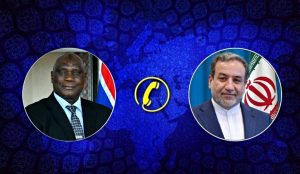Gambiaj.com – (BANJUL, The Gambia) – In a move long speculated but never confirmed until now, United Democratic Party (UDP) leader and veteran statesman Ousainou Darboe formally declared his intention to seek the party’s presidential flagbearership for the 2026 election. The announcement, made during an address to supporters on Thursday, comes at a time of acute internal discord within the UDP, marked by growing factionalism, competing ambitions, and public feuds among senior figures.
In his statement, Ousainou Darboe said, “I intend to put forward my candidacy for the party’s flag bearer position,” Darboe stated. “If and when the UDP does me the honor of selecting me, I will run a robust, fact-based, and issue-focused campaign to convince the Gambians that the UDP and its potential allies are the only choice to replace the corrupt and insensitive NPP government.”
The timing of Darboe’s statement is politically significant. For months, the UDP has been embroiled in open internecine conflict, with younger figures such as KMC Mayor Talib Bensouda and Brikama Area Council Chairman Yankuba Darboe clashing over the party’s future leadership.
Public outbursts, veiled accusations, and factional mobilization have turned what was once the Gambia’s most disciplined opposition force into a house divided.
Darboe’s Calculated Intervention
Darboe’s declaration appears to be a strategic intervention meant to reclaim control over a party he founded and shaped for over two decades.
Observers believe it is a message aimed as much at his internal critics as it is at the wider electorate: the UDP is not yet ready for a generational transition—at least not one forged in disorder.
By announcing his candidacy now, Darboe seeks to re-anchor the party’s center of gravity, calming a base increasingly alarmed by public infighting. His language—measured yet assertive—reflects a deliberate attempt to move the conversation away from personalities and toward issues, even as personal ambitions continue to dominate the party’s internal discourse.
His return to the spotlight may also reflect a growing concern that without his stabilizing leadership, the UDP could fracture before it even reaches the starting line of the 2026 race. His reassertion is thus both a rallying call and a warning.
Over the past 72 hours alone, the UDP’s internal crisis has been laid bare. A fiery exchange on Menbekering TV saw Yankuba Darboe castigate the leadership’s silence on succession planning, implying distrust toward Talib Bensouda’s rising influence. Bensouda, in turn, has refrained from retaliating publicly but is widely seen as building a discreet national profile, fueling suspicion among party elders.
Yankuba’s recent statement—“No more tales to appease the masses or gallery, but the uncomfortable truth to salvage our party”—was widely interpreted as a direct critique of both Bensouda’s ambitions and the party leadership’s failure to manage succession debates.
In this volatile context, Darboe’s announcement is not merely a bid for office. It is a bid to reclaim legitimacy and authority in a movement he feels is slipping into chaos.
Party Crisis: Unmasked and Unresolved
Darboe’s move is not without risk. While it may momentarily unite segments of the party that fear fragmentation, it could also deepen resentment among younger aspirants who see his continued dominance as a barrier to renewal.
If not accompanied by a clear roadmap for leadership transition—whether in 2026 or beyond—his candidacy could harden factional lines, making reconciliation harder down the line.
Moreover, his re-entry into the fray could complicate any efforts by neutral actors within the party to mediate between opposing camps. Instead of resetting the debate, it could entrench the current sectarian atmosphere, especially if the flagbearer selection process becomes contested.
Ousainou Darboe’s decision to run again for the UDP’s top ticket brings clarity—but not closure. It represents a calculated gamble: that his experience and name recognition can override the party’s internal discord and project unity in the face of a struggling Barrow administration.
Whether that gamble succeeds will depend not just on his ability to rally the base, but also on whether he can convince the competing currents within his own party to row in the same direction—or at least not capsize the boat before it sets sail.
The UDP, it seems, stands at a turning point—not just of leadership, but of identity. And for now, Darboe has chosen not to pass the torch but to light it once again.










